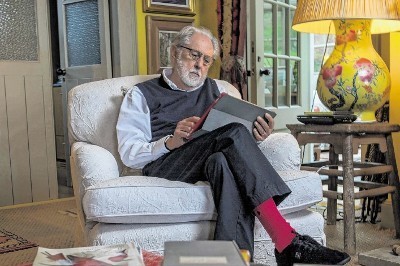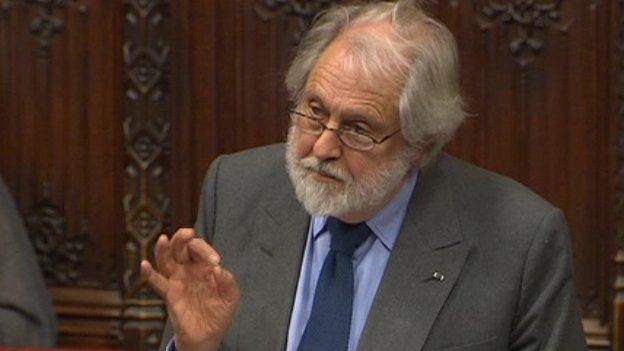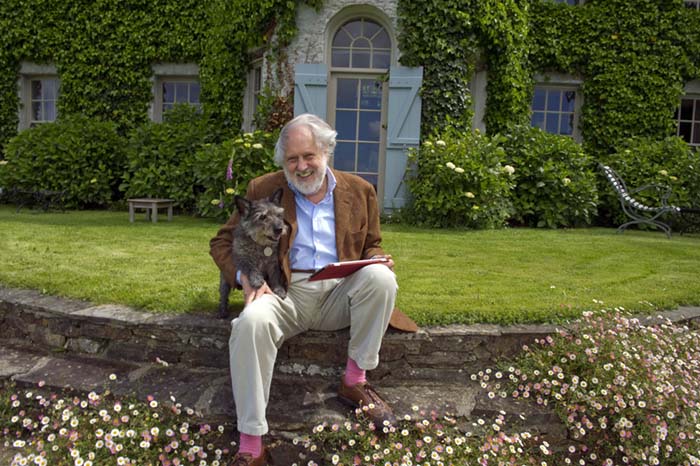Lord Puttnam’s work as a film producer has often been perceived as both wholly British and fundamentally European. This dual identity was cultivated in part by his exposure at the Cannes Film Festival throughout the 1970s and 1980s, highlighted when The Mission was awarded the Palme D’Or in 1986.
Following his time in California in the late 1980s, Lord Puttnam returned to the UK more aware than ever of his identity as a European film maker and quickly became involved in several European ventures that continue to exit today. These include the European Film Academy (f. 1988), the Media Business School (f. 1991), ACE (Ateliers du Cinéma Européen, f.1993), and The Club of European Producers (f. 1993).
Following the result of the Brexit referendum in June 2016, Lord Puttnam’s deep connections with Europe have contributed to his ongoing assertion that Britain’s relationship with the EU should remain as close as possible.

In particular, he believes that film, TV and the creative industries will be “massively impoverished” by life outside the EU. For example, in a recent speech at the House of Lords, he drew attention to the UK’s thriving visual effects and animation business, which relies on EU citizens for almost half its workforce. Similarly, speaking to the House of Lords on Brexit: Creative Industries in January 2017, Lord Puttnam argued that:
Our screen industries, like the broader creative industries, have been among the great economic success stories of the past two decades, so it becomes imperative that we do everything in our power to minimise any harm that might arise from the Government’s decision to leave the EU single market.

Considering the extent to which Lord Puttnam identifies himself as a European, it is perhaps unsurprising that he has chosen to live in Ireland, a nation he believes to be ‘thoroughly European’. In fact, among other things, this aspect of Ireland’s identity is one of the main reasons why he calls it home.




